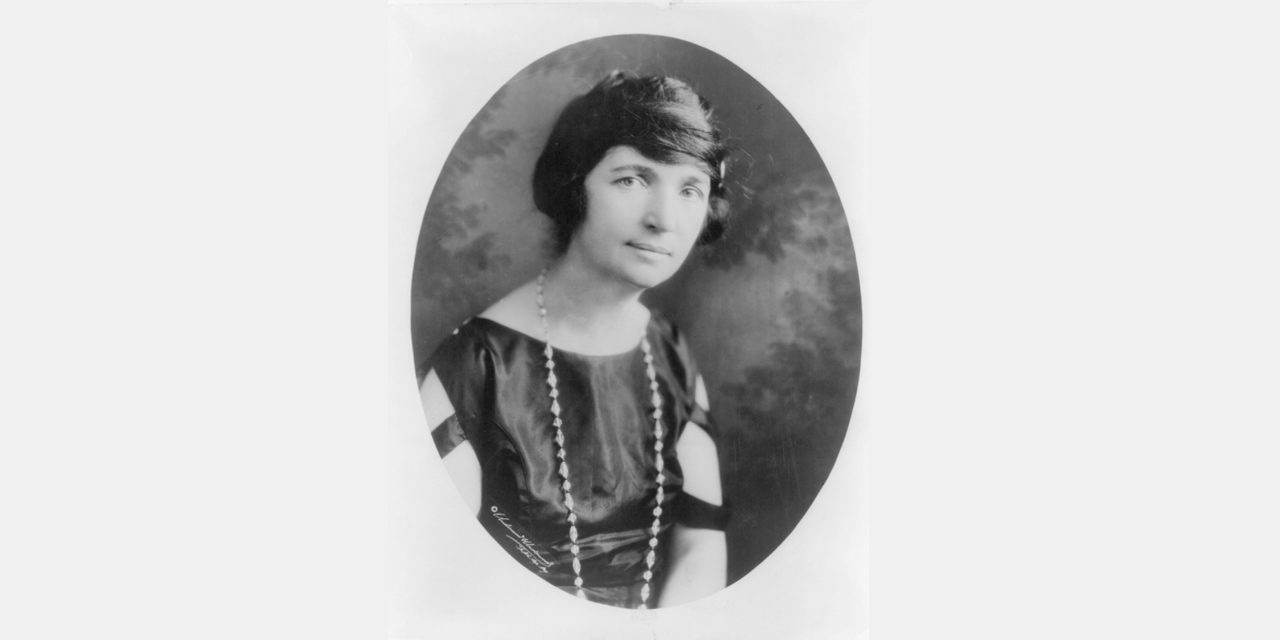In an open letter, more than 300 Planned Parenthood employees admitted that “Planned Parenthood was founded by a racist, white woman,” i.e. Margaret Sanger. It was a shocking admission, but one that may not go far enough.
Planned Parenthood is incredibly protective of the legacy of Margaret Sanger, the woman who founded the organization more than 100 years ago in 1916. The abortion business describes Sanger in an article as, “a woman of heroic accomplishments, and like all heroes, she was also complex and imperfect.”
That’s a bit of an understatement.
The article goes onto say, “Though applauded, wined, and dined by the social elites of her time, Sanger never forgot those who were marginalized through racial health inequalities. In 1930, Sanger successfully opened a family planning clinic in Harlem, New York City, that was supported by black leaders like W.E.B. Du Bois; Mary Mclead Bethune, the founder of the National Council of Negro Women; and Malcom X. She hired an African American physician and an African American social worker to provide services.”
That all sounds well and good, but it’s just not true. Sanger wasn’t just a racist, she seemingly had a contempt for humanity itself.
In some ways a product of her time, Sanger was a deep supporter of the eugenics movement and the overpopulation theory Malthusianism, which posited that the human population will increase faster than food production.
Eugenics was a term created by British Scientist Francis Galton, who was a cousin of Charles Darwin. His theory was that “humanity could be improved by encouraging the fittest members of society to have more children,” and simultaneously preventing those unfit people from doing the same through birth control or sterilization.
The idea caught fire here in the United States and other Western countries and was most famously used by the Nazis to justify their racist policies and war crimes.
Her eugenic mindset was on display during her only televised interview with Mike Wallace, father of Fox New journalist Chris Wallace. In her most revealing statements, she said, “I think the greatest sin in the world is bringing children into the world–that have disease from their parents, that have no chance in the world to be a human being practically. Delinquents, prisoners, all sorts of things just marked when they’re born. That to me is the greatest sin — that people can — can commit..”
In the traditional sense, the interpretation of Sanger as racist, in particular towards the African American community, is perhaps a bit narrow and instead should be broadened to include any people group.
She was likely against immigration and immigrants as she opened her first clinic in Brownsville, Brooklyn, which was a predominately immigrant community with families from Russia and Poland. Her second clinic was located in Harlem, which was a predominately African American community.
In addition to discriminating against those of different races, ethnicities, disabilities, criminals and others, she also hated big families, people of faith (specifically Catholics) and despised the lower classes, who she considered uncivilized. Much of this disdain is due to her own upbringing in a lower-class home and watching her mother die young due to ill health and a succession of pregnancies. The higher-class families, which Sanger admired and to which she aspired, had smaller families and larger bank accounts.
Sanger eventually gained the elite status she always desired, but it came at the cost of her children. According to her own grandson, Sanger was an absent mother who he learned about mostly through her obituaries.
So, was Margaret Sanger a “racist, white woman?” The answer is both yes and no. Sanger was a eugenicist who despised much of humanity and anyone who had more than two children, including her own son who had six. She is not a woman to admire, and it’s encouraging to see these current and former Planned Parenthood employees finally acknowledge the truth about Sanger and her legacy.
Photo from Wikipedia






